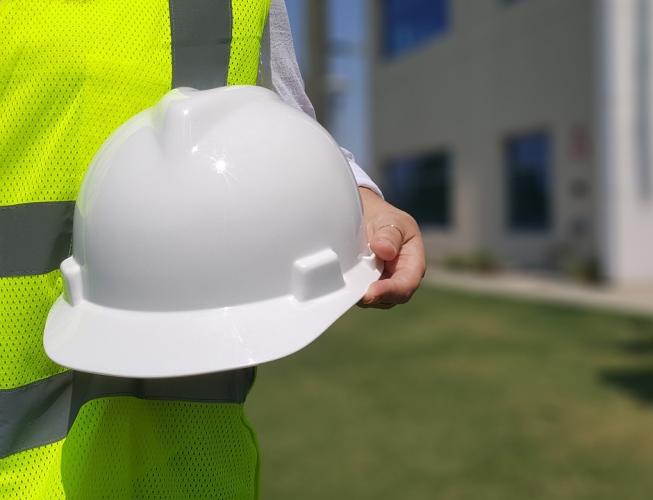Our website uses cookies. By continuing we assume your permission to deploy cookies, as detailed in our cookies policy.
Some cookies are strictly necessary to operate our website, such as the ones that remember your preference to the below option.
However, you can opt-out of our optional and anonymous marketing cookies by clicking decline below.
See our cookies policy. Decline AcceptForklifts are wonderful machines which have undeniably revolutionised how warehouses and similar spaces function, by helping to maximise available space, and massively increase efficiency and productivity.
But, there’s no getting away from it, forklifts can be dangerous, especially if they’re misused, not correctly maintained or serviced, and if owners and operators are not obeying simple, yet essential rules on their safe use. So, to help you, your team and any visitors to the workplace the forklift is being operated, we’ve put together a list of 5 essential forklift safety tips that all forklift operators and owners should be aware of and be adhering to.
Ensuring all forklift operators are properly trained is essential from a moral and practical standpoint, and also a legal obligation under Regulation 9 of the Provision and Use of Work Equipment Regulations 1998, which says:
Again, this isn’t only essential to the safety of your forklift operators and other workers in the area, forklift inspections are also a legal obligation as set out by LOLER (Lifting Operations and Lifting Equipment Regulations). LOLER regulations insist that as well as daily maintenance checks, a Thorough Examination must be carried out at regular intervals (yearly or more often if necessary), which will check the condition of things including
If you manage or own a business that uses forklifts, all forklift operators and those that work in the area of operation must have access to various protective clothing, including:
Knowing your surroundings is one of the most important forklift health and safety rules, and is basically about the operator being aware of their surroundings, before operating the forklift, and includes:
This safety tip can’t be stressed enough – safe loading guidelines must be followed by all forklift operators or loading assistants. The basic forklift loading guidelines include:
If you’re looking to buy or rent a forklift for your business, contact Beds & Bucks Forktrucks Ltd., one of the UK's leading forklift suppliers and forklift servicing and repair specialists in Hertfordshire, Bedfordshire and Buckinghamshire.


